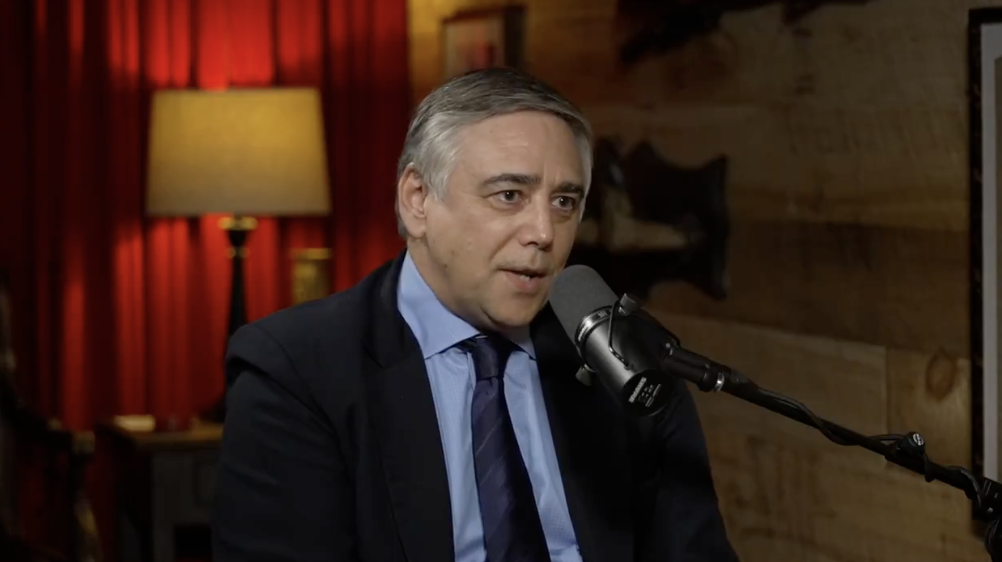Please Follow us on Gab, Minds, Telegram, Rumble, Gab TV, GETTR, Truth Social
A new policy that was released in February in New Zealand has surgeons in Aukland 'disgusted' because it requires them to confront "historical disparities in healthcare access" for Māori and Pacific island communities by taking a patient's ethnicity into account as part of a new ranking system that determines priority for surgical procedures.
The new initiative, which is being implemented by Te Whatu Ora, Health New Zealand, uses an "Equity Adjuster Score" algorithm to assign surgical priority to patients based on the following factors: waitlist duration, clinical urgency, ethnicity, geographic location, and level of deprivation.
Māori and patients with a Pasifika background are elevated on the list while New Zealanders with a European background are downgraded for care.
Several surgeons have spoken out about the new system with one saying he was "disgusted" by it.
"It's ethically challenging to treat anyone based on race, it's their medical condition that must establish the urgency of the treatment," the surgeon said.
"There's no place for elitism in medicine and the medical fraternity in this country is disturbed by those developments," he added.
According to a report by the NZ Herald:
A document on the equity adjuster which was leaked to Newstalk ZB shows two Māori patients, both aged 62 adn who have been waiting more than a year, ranked above other on the list. A 36-year-old Middle Eastern patient who has been waiting almost two years has a much lower priority ranking.
An email by Te Whatu Ora business support manager Daniel Hayes in April said: "Hi team, Heads up. This is going to be the new criteria for outsourcing your patients going forward. Just putting this on your radar now so that you can begin to line up patients accordingly. Over 200 days for Māori adn Pacific patients. Over 250 days for all other patients."
‘NO AD’ subscription for CDM! Sign up here and support real investigative journalism and help save the republic!‘
The controversial move was defended by Health Minister Ayesha Verrall who pointed to a Government-commissioned, independent review of the health system that was conducted in 2018 and showed that the system had unequal outcomes, particularly for ethnicities deemed vulnerable.
"The reformed health system seeks to address inequities for Māori and Pacific people who historically have a lower life expectancy and poor health outcomes, Verrall said.
Meanwhile, a leading expert in Pasifika health, Sir Collin Tukuitonga, reiterated Verrall's sentiments, saying that the two populations should be placed at the top of the list to combat historical inequalities.
"Māori and Pacific people tend to linger on the referral list...and inevitably, I think people will say that there's also an institutional bias, possibly a racism that doesn't put them where they need to be in order to get the surgery," Tukuitonga said.
"The referral pathways are not that straightforward," he added.

























